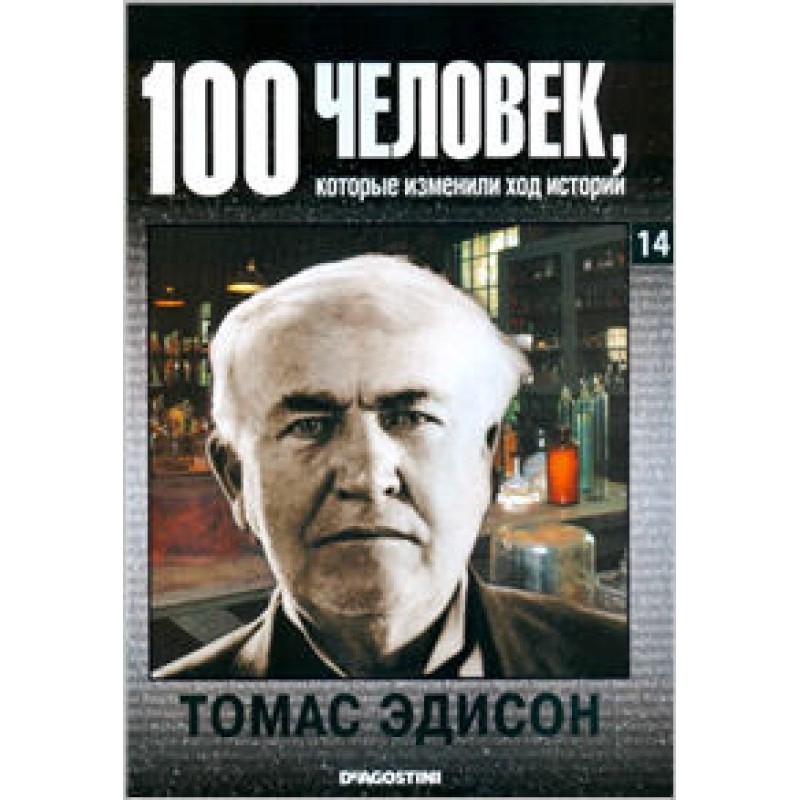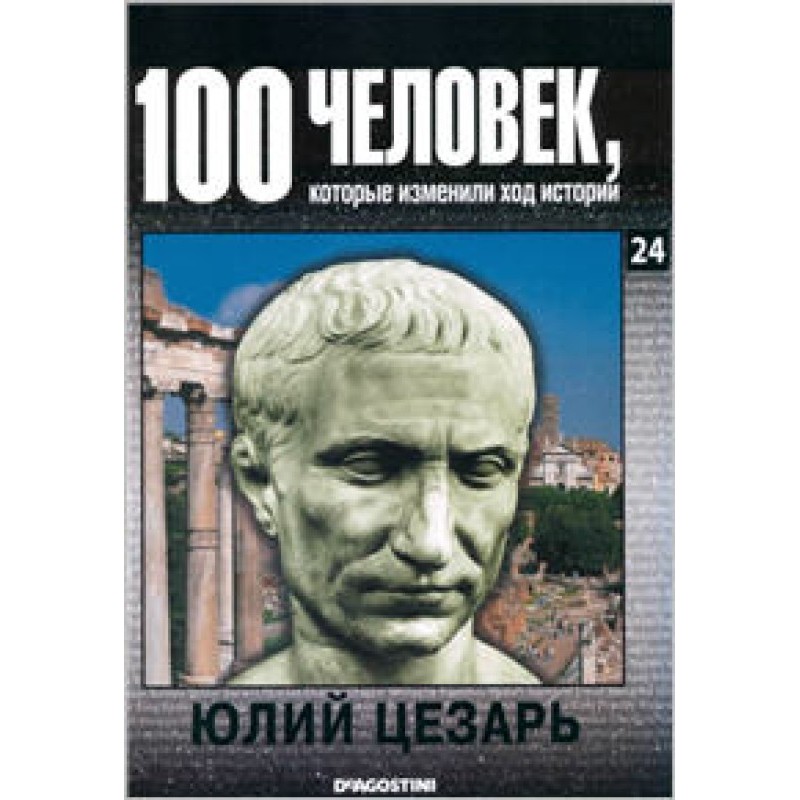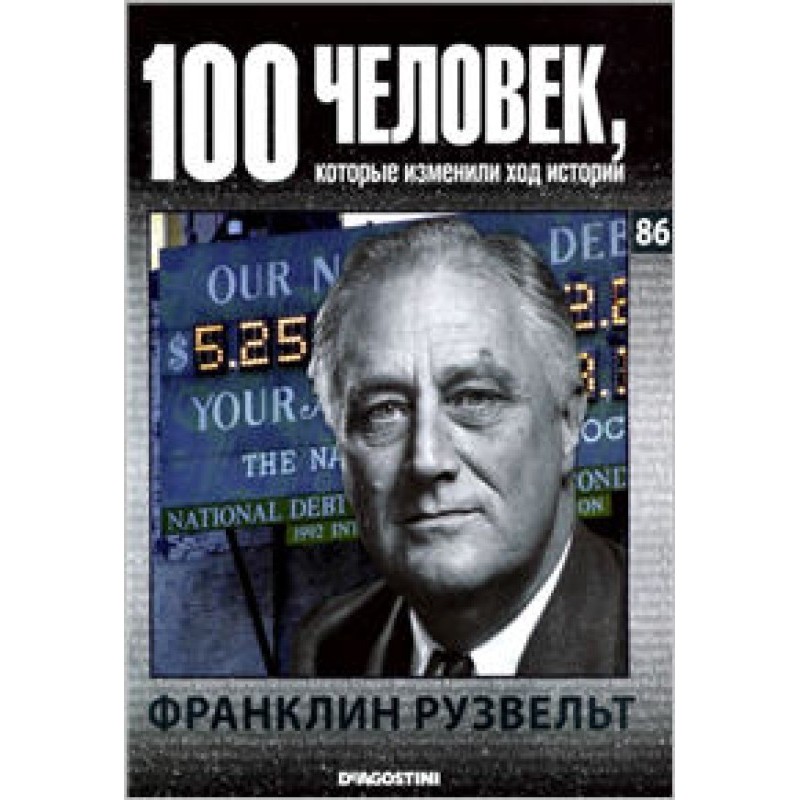Ivan Pavlov
 Instant download
Instant download
after payment (24/7)
 Wide range of formats
Wide range of formats
(for all gadgets)
 Full book
Full book
(including for Apple and Android)
The phenomenon of the outstanding Russian scientist Ivan Petrovich Pavlov (1849-1936) goes far beyond the scope of not only physiology, but also the entire vast complex of natural sciences. With the same care with which the great scientist studied the reflexes of experimental animals, followers of various philosophical and ideological schools still dissect his rich creative heritage. It is customary to divide the outstanding discoveries of Ivan Pavlov into three periods, highlighting, accordingly, three areas of his research activity. To some extent, this is appropriate, because different systems of the body have their own sharply distinctive characteristics. But on the other hand, the main methodological task posed by Pavlov was to prove the fundamentally common features of the life activity of highly organized animals, including humans. As a result of a colossal number of experiments, Pavlov revealed the diversity of nerve activity in the cardiovascular system, in particular, he showed the decisive role of the so-called vagus nerve in the regulation of blood pressure and discovered the strong influence of nerves in the formation and regeneration of tissues, the so-called trophic nervous function . From the cardiovascular system, the dialectical scientist logically and consistently moved on to digestion - to the “second stage” of his scientific work, about which Pavlov’s student Academician Asratyan wrote: “Like research on the physiology of blood circulation, Pavlov’s research on the physiology of digestion is permeated with the idea of nervosm; they were aimed at identifying and comprehensively studying the role of the nervous system in the activity of the main digestive glands, in the regulation and adaptive variability of this activity, in the coordination of secretory and motor activity of different organs of the digestive system and the entire system (organism) as a whole.” In 1904, Pavlov was awarded the Nobel Prize in Medicine and Physiology “For his work on the physiology of digestion” (the scientist became the first Russian Nobel laureate). However, the crown of the scientist’s scientific creativity was research into the physiology of higher nervous activity. Using the method of conditioned reflexes he developed, he established that mental activity is based on physiological processes occurring in the cerebral cortex. Living beings (including people) sometimes react to the world around them instinctively, using reflexes inherent from birth. Sometimes thanks to developed throughout life reactions, skills, habits. This is the “base” of conditioned and unconditioned reflexes accumulated and organized by the brain, necessary for self-preservation and normal life. However, in addition to everything, a person also has his own specific signaling system. According to the scientist’s classification, “second” (“first” is characteristic of both humans and animals). This is speech, verbal structures and signals filled with many meanings. Ivan Pavlov argued that words for humans are the same stimuli as those that cause conditioned reflex activity in animals. Pavlov's discoveries had a huge impact on the development of physiology, medicine, psychology and pedagogy in the twentieth century.
Data sheet
- Name of the Author
- Анастасия Жаркова Евгеньевна
- Language
- Russian
Reviews
Вражаюча книга про генія науки!
Ця книга про Івана Павлова - справжній шедевр, який відкриває перед читачем не лише велич його наукового внеску, а й глибину його думки та методології. Автор детально розкриває три основні етапи дослідницької діяльності Павлова, що дозволяє зрозуміти, як його відкриття в фізіології, зокрема вивчення умовних рефлексів, вплинули на розвиток багатьох наук, від медицини до психології. Читання цієї книги - це не просто знайомство з біографією вченого, а справжня подорож у світ науки, де кожен експеримент Павлова стає важливим кроком до розуміння складності людської природи. Зокрема, його ідея про зв'язок між фізіологічними процесами та психічною діяльністю вражає своєю актуальністю і сьогодні. Рекомендую цю книгу всім, хто цікавиться наукою, історією та психологією, адже вона не лише інформативна, а й надихає на нові відкриття!


























